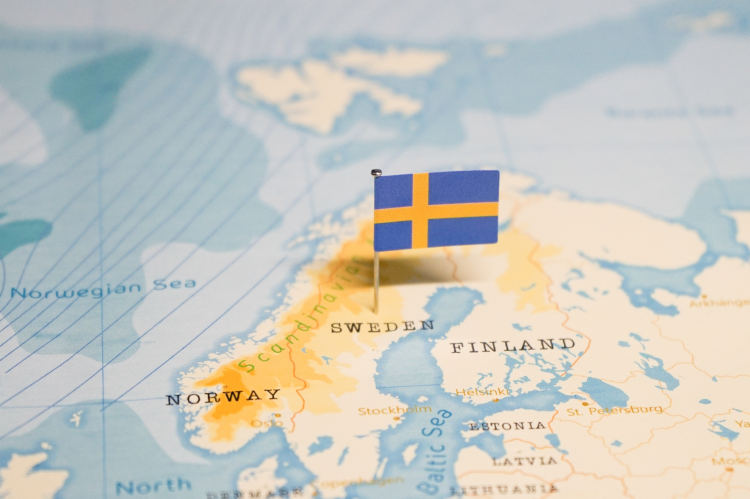EU Approves Swedish 3-billion-euro Plan to Capture and Store Carbon Emissions

The European Commission has approved a 3-billion-euro (about $3.21 billion) Swedish scheme to support carbon capture and storage (CCS) technology to help Sweden achieve net-zero emissions by 2045.
The plan will fund projects that permanently capture and store CO2 emissions from biomass plants, which use recycled wood and other waste materials to generate fuel, electricity, and heat.
The initiative aims to establish CCS as a viable tool to combat climate change.
By supporting the technology, the Commission hopes to boost investor confidence, reduce future costs, and foster the development of a CCS industry across the European Union.
Companies participating in the program will be chosen through a competitive bidding process, with the first auction expected later this year. To be eligible, companies must operate in Sweden, emit biogenic CO2 (from organic sources), and have projects capable of capturing and storing at least 50,000 tonnes of biogenic CO2 annually.
Selected companies will receive grants per tonne of biogenic CO2 permanently stored under 15-year contracts, with the amount of aid to be adjusted to account for potential project revenue, such as income from voluntary carbon removal certificates, and any other public support the project receives.
According to the Commission, the scheme is set to run until December 31, 2028. By enabling the capture and storage of significant quantities of biogenic CO2, the program is expected to contribute to Sweden's target of reducing greenhouse gas emissions by 85% by 2045.
This would reduce the country’s emissions to their level in 1990 while supporting the EU's goal of achieving climate neutrality by 2050.
The Commission approved the plan under EU State aid rules, specifically Article 107(3)(c) of the Treaty on the Functioning of the EU, which allows member states to support certain economic activities under specific conditions.
Additionally, the Guidelines on State Aid for Climate, Environmental Protection and Energy (CEEAG) were considered. These guidelines permit member states to subsidise measures that reduce or eliminate CO2 emissions.
